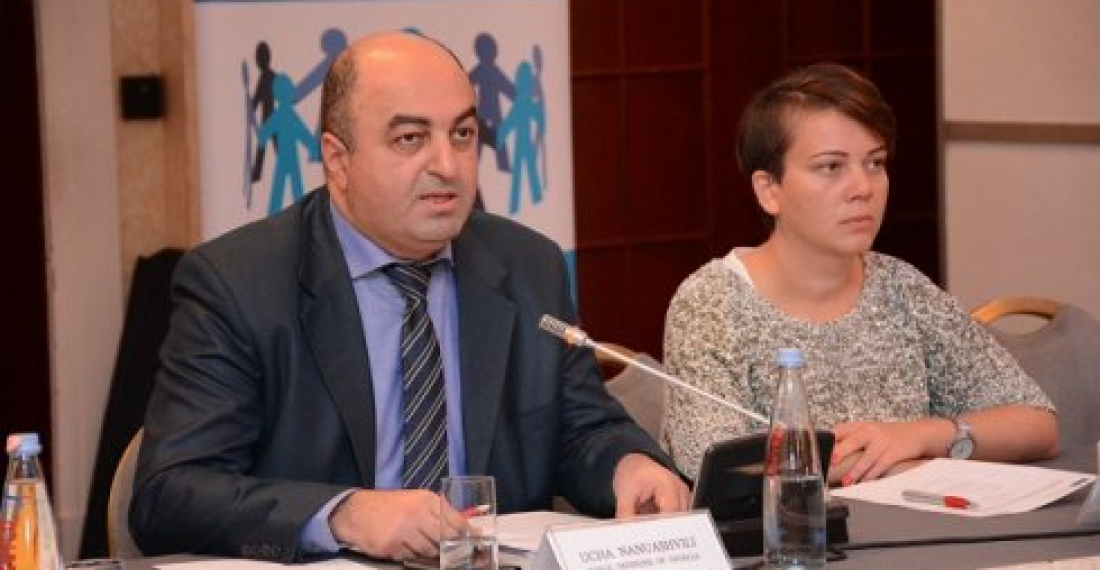Georgia’s Public Defender’s Office has presented the Special Report on Combating and Preventing Discrimination and the Situation of Equality, which assesses developments since 2014.
The Ambassador of the European Union Janos Herman noted during today’s presentation of the report that the "EU welcomes this report, following the landmark 2014 anti-discrimination legislation adopted in Georgia. Its findings and recommendations should further guide our common work”. While recognizing substantial progress, we note the shortcomings identified by the public defender. Vulnerable groups, notably persons with disabilities, women and minorities continue to face obstacles in receiving equal treatment in areas such as education and employment”, Herman said.
Herman recalled the legal changes pledged during the visa liberalisation process, which would make the anti-discrimination law more effective by including the private sector in its scope. He stressed these amendments have been pending since March 2015. They will be subject to our continued monitoring,” Herman said. The ambassador stressed that human rights, democracy and rule of law are key priorities for the EU worldwide. In Georgia, the EU has been supporting the Public Defender’s Office to protect the rights of all Georgian citizens, including vulnerable groups. This assistance forms part of the EU's Human Rights for All programme. With over EUR 10 million (over 25 million GEL) this programme helps to implement the National Human Rights Action Plan,” Herman said.
The ambassador stressed that EU support focuses particularly on areas such as rights of minorities and vulnerable groups, the protection of privacy, labour rights and children’s rights.
commonspace.eu with agenda.ge
photo: Georgia's Public Defender Ucha Nanuashvili presenting the report on combatting and preventing discrimination at an event in Tbilisi on 18 October 2017. (Picture courtesy of the public defender's press office).






